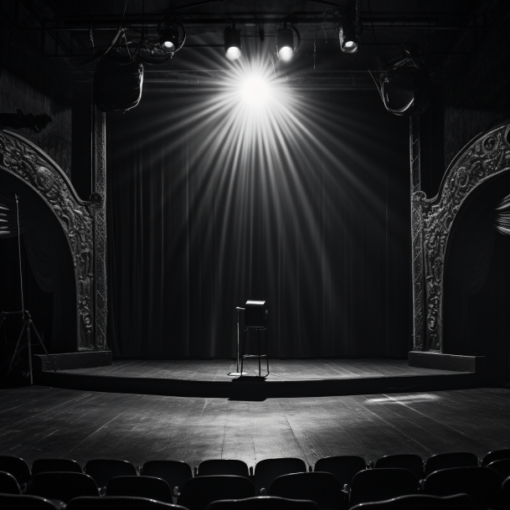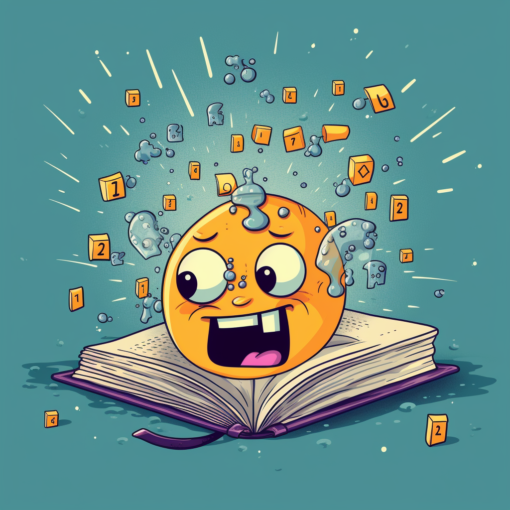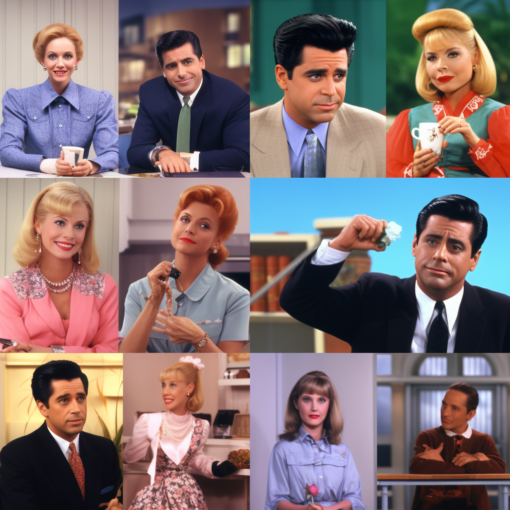There’s a rather popular saying that goes, “Comedy is tragedy plus time.” In a way, it encapsulates the inherent dichotomy of humor, the way it can convert life’s most awkward, painful, or bizarre moments into a source of amusement. It’s a fascinating realm to delve into, a labyrinth of laughter and amusement, filled with the echoes of shared human experiences.
The greatest comedians are, in essence, artists, wielding a paintbrush dipped in hues of humor and wit. But instead of creating static images on a canvas, they sketch vibrant vignettes of life, capturing our follies, hopes, and ironies, in ways that allow us to laugh at our collective vulnerabilities. They are masters of observation, unmasking the ordinary, the overlooked, and the underappreciated to reveal their comic potential.
Consider the realm of stand-up comedy, where the comedian stands alone on stage, armed only with their wits and a microphone. Their job is to look at life from a skewed perspective, to find humor in the mundane, the ordinary, the everyday. Whether it’s Jerry Seinfeld waxing philosophical about the oddities of airplane etiquette or Dave Chappelle commenting on social issues with his distinct brand of humor, comedians hold a mirror up to society and allow us to laugh at our own reflections.
But comedy extends far beyond the stage. It permeates our books, movies, TV shows, and even our digital discourse. Satire, for instance, is a potent tool used to critique and comment on society. Through the sharp lens of satire, authors and creators expose the follies and foibles of society, challenging us to reassess our values and notions. From the social commentary in Jonathan Swift’s “Gulliver’s Travels” to the political parody in shows like “Saturday Night Live,” satire is a testament to the power of comedy to provoke thought and instigate change.
In essence, comedy is a mirror that reflects society’s intricacies and idiosyncrasies. It’s an art form that depends on our capacity to perceive, interpret, and appreciate the world around us. It bridges the gap between disparate ideas, unites us in shared laughter, and teaches us to find joy and absurdity in the quirks and quiddities of human existence.
So, the next time you watch a comedy show or read a humorous book, take a moment to appreciate the artistry behind the laughter. Remember that behind every joke is a keen observation, a unique perspective, a reflection of our shared reality. And therein lies the beauty of comedy – its ability to draw laughter from life’s canvas and remind us that sometimes, the best way to make sense of the world is to laugh at it.
Percival

Further Reading:
- Understanding Comedy and its Role in Society – An in-depth article that delves into the different types of comedy and their importance in society.
- The Art of Stand-up Comedy – A look into the unique, challenging, and rewarding art of stand-up comedy, with insights from renowned comedians.
- Why Satire is Important – A thought-provoking article that explores the relevance and impact of satire as a tool for social commentary and critique.





11 thoughts on “The Art of Comedy: Drawing Laughter from Life’s Canvas”
Can you be more specific about the content of your article? After reading it, I still have some doubts. Hope you can help me.
Your article helped me a lot, is there any more related content? Thanks!
Can you be more specific about the content of your article? After reading it, I still have some doubts. Hope you can help me.
Thanks for sharing. I read many of your blog posts, cool, your blog is very good.
Your article helped me a lot, is there any more related content? Thanks!
Yo, the td777gameapk is pretty solid overall! Downloaded it last night and now I’m low-key hooked on it. Game selection is cool! td777gameapk
Just gave hackerslotpg a whirl! Not bad, decent graphics and a few lucky spins. Gonna check it out again later I think. hackerslotpg
What’s up? Been trying out j1900 lately. I can say it’s not bad at all. So give it a shot and click this: j1900
If you’re looking for some Thai betting action, bj88thailand is where it’s at. Good selection and easy to navigate. bj88thailand
Getting the VIP treatment on fb777 is easy with their login registration. Smooth process and worth the perks. Check it out fb777 vip login registration
Kingbettinggiris is the best website. I had a lot of fun playing this platform. kingbettinggiris